AI Answer Evaluation Platform Live Now. Try Free Answer Evaluation Now

Janmi System
The Janmi system, a traditional agrarian land ownership system prevalent in parts of southern India, particularly Kerala, involves complex
+91-7303290503, +91-9557169661 | MON to SUN 10:00 AM - 6:00 PM

The Janmi system, a traditional agrarian land ownership system prevalent in parts of southern India, particularly Kerala, involves complex

From hunting and gathering to the industrial stage, eco-cultural adaptations have shaped human civilization in profound ways. Understanding these adaptations provides insight into the complex relationship between humans and their environment across history.

India, often referred to as a subcontinent, presents a fascinating canvas of unity and diversity. Encompassing an array of cultures, languages, traditions, and religions, the…

The concept of a Tribe-Caste Continuum encapsulates the blurring boundaries and interactions between these groups, illustrating the fluidity of identity and status within Indian society.
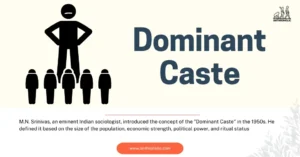
Dominant caste is a unique concept in the Indian social structure, representing the ascendant caste group that exercises significant control and influence within a specific region.
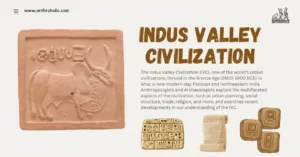
The Indus Valley Civilization (IVC), one of the world's oldest civilizations, thrived in the Bronze Age (2600-1900 BCE) in what is now modern-day Pakistan and northwestern India.
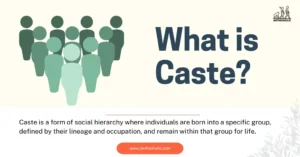
Caste is a form of social hierarchy where individuals are born into a specific group, defined by their lineage and occupation, and remain within that group for life.

Kyasanur Forest Disease (KFD), also known as Monkey Fever, is a tick-borne viral hemorrhagic fever endemic to South Asia. Originating from the Kyasanur Forest in Karnataka, India, KFD has serious implications on the socio-economic, cultural, and health dimensions of affected communities.
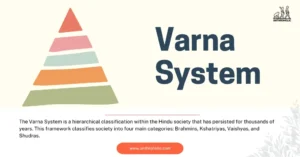
The Varna System is a hierarchical classification within the Hindu society that has persisted for thousands of years. This framework classifies society into four main categories: Brahmins, Kshatriyas, Vaishyas, and Shudras.
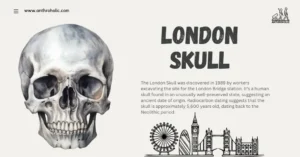
The London Skull was discovered in 1989 by workers excavating the site for the London Bridge station. It's a human skull found in an unusually well-preserved state, suggesting an ancient date of origin. Radiocarbon dating suggests that the skull is approximately 5,600 years old, dating back to the Neolithic period.
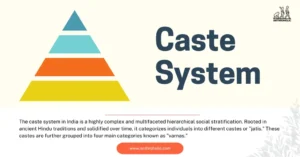
The caste system in India is a highly complex and multifaceted hierarchical social stratification. Rooted in ancient Hindu traditions and solidified over time, it categorizes individuals into different castes or "jatis."
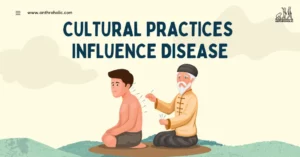
Cultural practices across the globe have an undeniable impact on disease patterns. Through various customs, beliefs, and rituals, communities create an environment that may either foster or hinder disease.